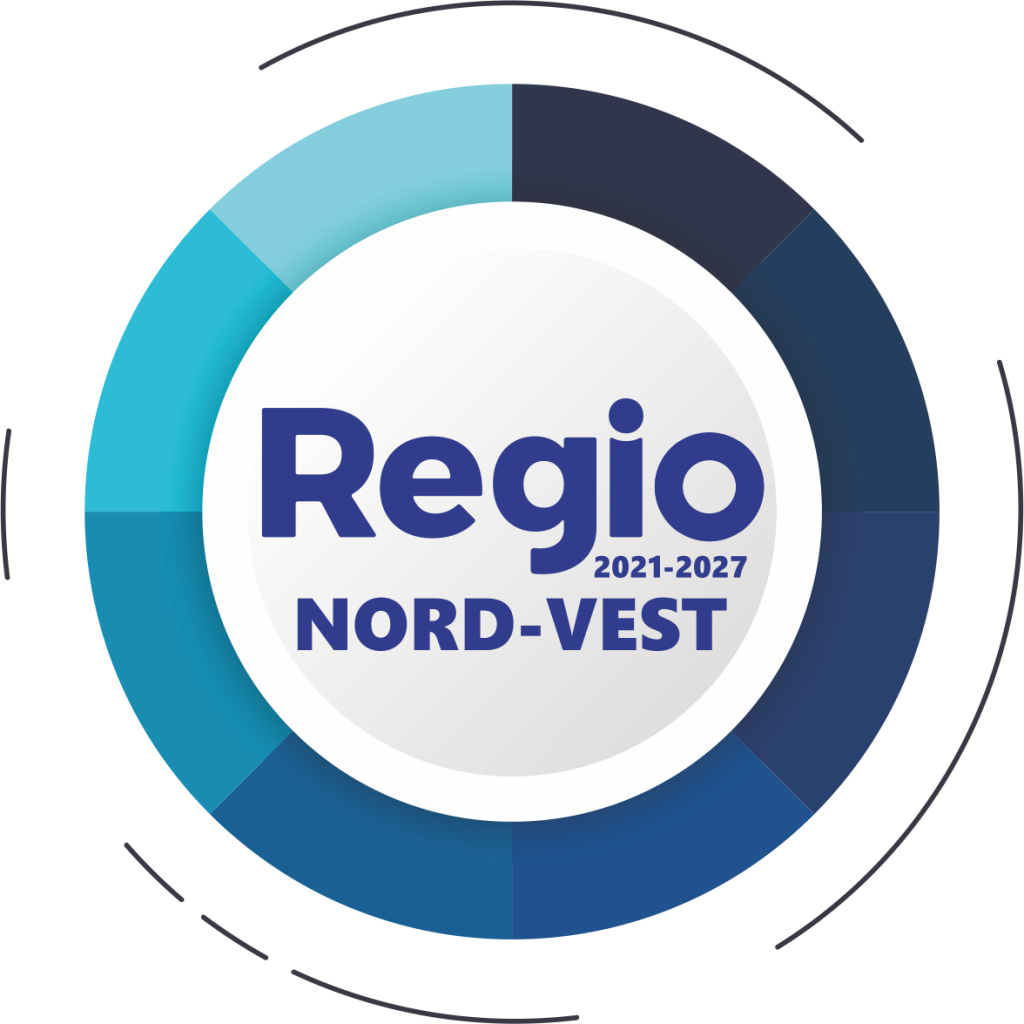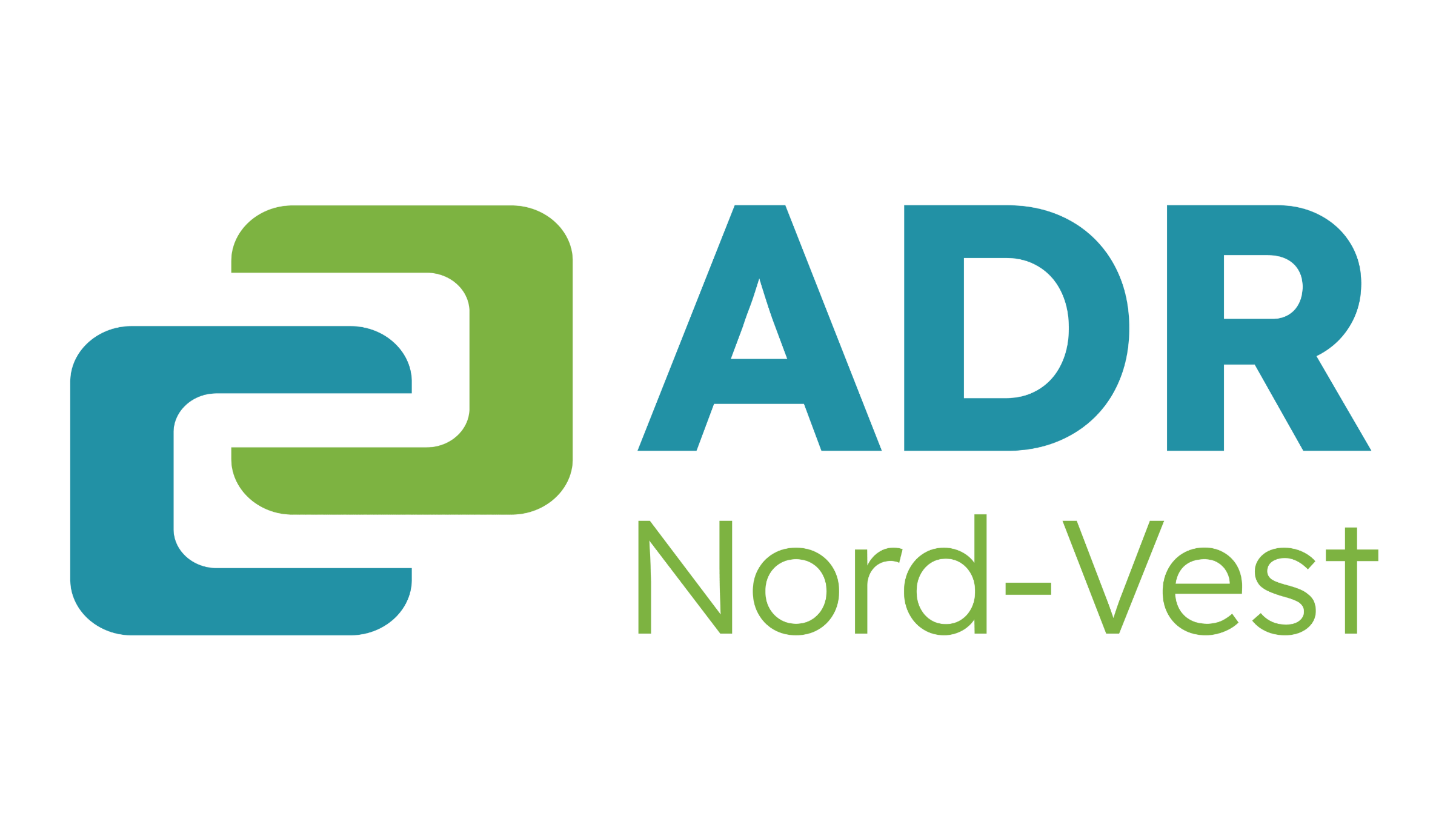The Northwest Regional Development Agency, as the Managing Authority for the Northwest Regional Program 2021-2027 (REGIO Northwest), publishes today, July 4, 2023, the Applicant's Guide for the call for projects PRNV/2023/371.A/1 – Development of green cities and improvement of green infrastructure in urban areas – County seat municipalities.

The call for projects is non competitive, and funding applications can be submitted through the MySMIS 2021/2021+ computer system during: August 1, 2023, 10:00 a.m. – January 31, 2024, 11:59 p.m.
Conformable EU Biodiversity Strategy for 2030, the promotion of healthy ecosystems, green infrastructure and nature-based solutions, should be systematically integrated into urban planning, including public spaces, infrastructure and the design of buildings and their surroundings.
Thus, the substantiation of the need and the integrated character of the necessary interventions regarding the improvement of the green infrastructure in the county seat municipalities, including other administrative-territorial units in the functional urban area, will be carried out at the level of integrated territorial strategy.
In order to bring nature back to the cities, the measures regarding the creation of forests, parks and urban gardens accessible to the population and rich in biodiversity, green roofs and walls and urban hedges, etc., must be supported, which will bring multiple benefits such as: air purification, noise reduction, carbon storage , reducing air temperature, reducing anxiety and implicitly improving public health.
The projects financed through PR NV have the potential to contribute to the improvement of green infrastructure by adopting solutions that allow the reduction of the ecological footprint of the anthropic component. The adoption of solutions compatible with the principles of green infrastructure also contributes to improving the living conditions of local communities, by ensuring the maintenance of optimal ecological conditions, increasing air quality, reducing noise, etc.

MAIN ACTIVITIES that can be financed independently within the projects related to this call consist of:
• a. The creation/modernization/expansion of squares/parks/gardens/urban forests/park-forests/recreational forests, which include grassing activities, planting with native perennial plants, as well as the planting of native trees and shrubs, but which are resilient to the expected future impacts of climate change;
• b. Arrangement of green spaces related to watercourses: interventions on the banks of the waters (lakes, watercourses) and the areas in their vicinity by creating green spaces;
• c. The realization of urban ecological corridors, which represent landscape structures of different sizes, shapes and vegetation, which allow connection with natural or semi-natural areas (such as forests or agricultural areas), for the purpose of movement and migration of species.
SECONDARY ACTIVITIES which can be financed integrated through this call only within projects that include at least one main activity from the above, otherwise the projects will be rejected from financing:
• a. Green works consisting of green roofs, green walls, terraces/balconies with gardens and green spaces, etc. related to the buildings owned by the applicant for financing and which are integrated at the territorial level2 with the investments that fall under the main activities mentioned above;
• b. Land sanitation activities (which do not necessarily involve the clearing of existing vegetation), with the maintenance of ecologically important trees, land modeling, cleaning the land of existing garbage, on the lands subject to interventions. Sanitization activities cannot represent chemical decontamination activities.
• c. Other interventions complementary to the creation of green spaces: alleys, gazebos, pergolas, sanitary facilities, maintenance/changing rooms, stages, tracks for cyclists, pontoons, sidewalks, urban furniture made of environmentally friendly materials (benches, trash cans , ecological toilets, bike racks, fencing), creating facilities for recreation on landscaped grounds (Wi-Fi hotspots, areas specially designed for sports, playgrounds for children); the creation of intelligent video surveillance systems in the spaces designed by the project; replacement and/or connection to public utilities of the land object of the investment; the demolition of the buildings located on the site subject to the intervention related to the green infrastructure (except those belonging to the cultural heritage), the realization of irrigation systems and intelligent lighting systems for the green spaces created; And so on These interventions contribute to increasing the quality of life of citizens and environmentally friendly materials will be used.
____________________
The North-West Regional Program 2021-2027 proposes interventions for the development of research, development, innovation and digitization capacity, increasing the energy performance of the existing public and residential building fund, capitalizing on degraded spaces at the city level, sustainable urban mobility, investments in the network of county roads and in the educational infrastructure, as well as actions to capitalize on the cultural, touristic and spa potential.
In the financial year 2021-2027, public authorities and institutions, the business environment, the academic and research environment and NGOs can obtain funding.
The Northwest Regional Program benefits from a total allocation of 1,437,252,471 euros.
-
- Priority 1: A competitive region through innovation, digitization and dynamic enterprises - total value: 327,904,956 euros
-
- Priority 2: A region with smart localities - total value: 60,332,872 euros
-
- Priority 3: A region with environmentally friendly localities - total value: 210,666,112 euros
-
- Priority 4: A region with sustainable multimodal urban mobility – total value: 305,155,751 euros
-
- Priority 5: An accessible region - total value: 184,978,708 euros
-
- Priority 6: An educated region - total value: 77,386,100 euros
-
- Priority 7: An attractive region - total value: 210,363,134 euros
-
- Technical assistance – total value: 60,464,838 euros
More information about the Northwest Regional Program for 2021-2027 is available here, and the program can be consulted here.


